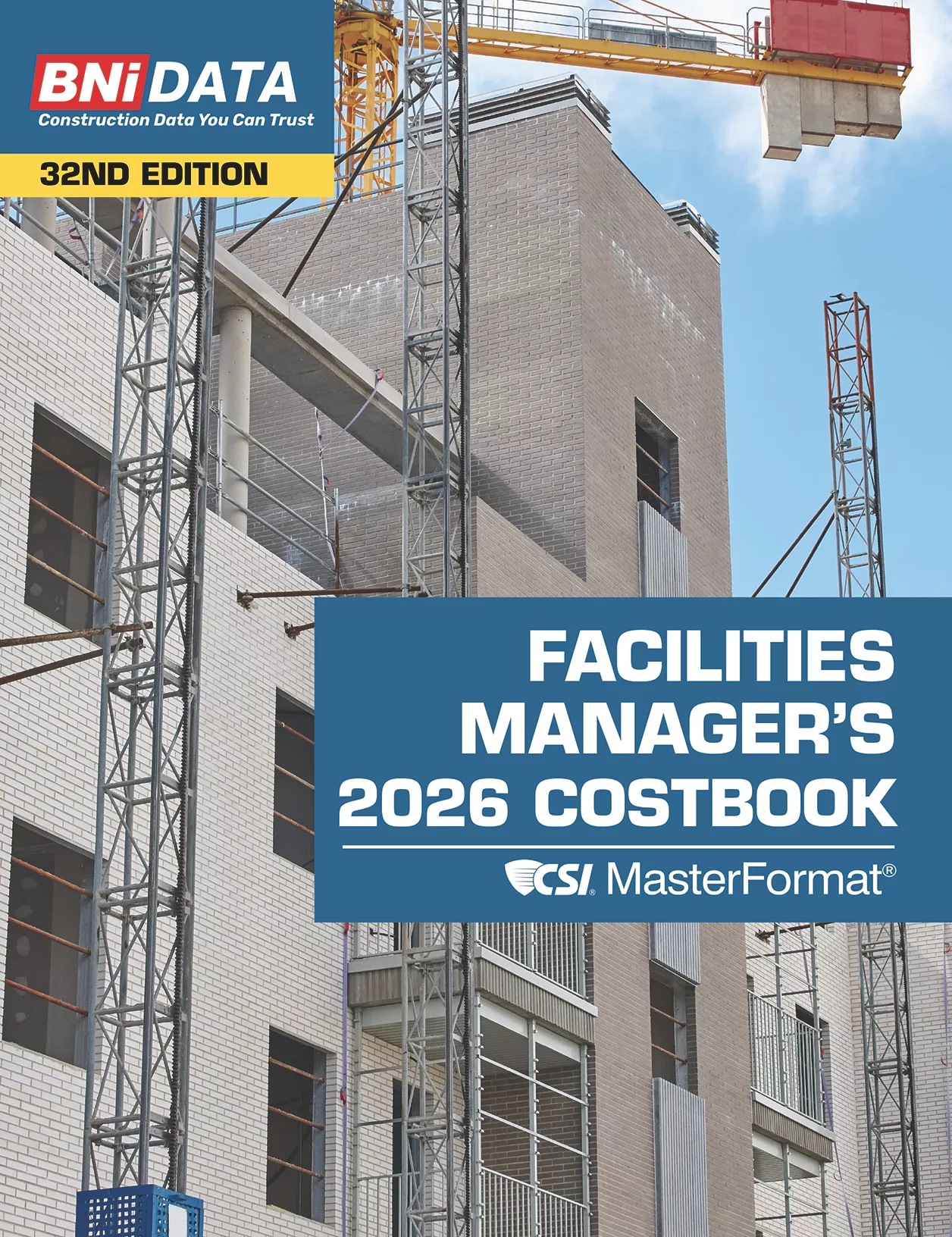January Portfolio

An Open Door for OSHA
Carolyn Moran doesn’t wince when she sees OSHA consultants step onto her company’s job sites. In fact, she’s expecting them. Moran, human resources/safety coordinator for A. Watts Inc. (Winston-Salem, N.C.), calls her regional OSHA office for a complimentary inspection before the contractor starts just about every project."We try to do it for every site, especially the larger jobs," Moran said. "It gets our supers in a safety mindset from the beginning."
The construction management experts at FMI Corp. (Raleigh, N.C.) inform us that A. Watts Inc. takes advantage of a service OSHA provides to contractors across the country — free consultation without citations. Using the consultation service, superintendents and safety managers can learn about potential hazards on their job sites, improve health and safety management systems, and even qualify for a one-year exemption from routine OSHA inspections.
Another big bonus: the service is confidential. Your name, your company’s name, any information about your company, and any hazards or unsafe working conditions OSHA finds aren’t reported to the OSHA inspection staff.
The program is voluntary, so you must submit a request to your local/regional OSHA office to participate. After your request for a consultation, an OSHA consultant briefly will discuss your needs with you and set up a date to visit your job site.
While OSHA recommends that you allow consultants to conduct a review of your company’s entire health and safety situation, you control how much the consultation includes. For instance, if you’re only concerned about a few aspects of a particular job site, you can limit the consultation to just them.
There’s another added benefit. Moran says that when OSHA inspectors visit their sites unexpectedly, they don’t usually stay very long. Once A. Watts informs them that the site already has been through a free OSHA consultation, they usually just ask for a copy of that paperwork and leave.
An OSHA free consultation includes:
- Appraisal of all mechanical and environmental hazards
- Appraisal of physical work practices
- Appraisal of your company’s health and safety program
- A conference with management on the findings
- A written report of recommendations and agreements
- Training and help with implementing the recommendations.
On the Alert for Overbuilding
Analysts at the Federal Deposit Insurance Corp. (FDIC) have added Denver, Fort Worth, Jacksonville, Sacramento and Seattle to a list of metropolitan areas at risk of overbuilding, expanding its list of cities at risk to 13. Atlanta, Charlotte, Dallas, Las Vegas, Orlando, Phoenix, Portland (Ore.) and Salt Lake City remain on the list, the FDIC reports. The expansion of the list, which covers five categories of commercial properties, comes despite tighter standards for inclusion. Under the tighter standards, Nashville dropped off the “at risk” list.
“Overbuilding is one of the yellow caution lights in the economy and the banking industry that we are watching closely, and it is a caution light that is flashing more brightly,” says FDIC chairperson Donna Tanoue. “Rapidly growing construction and development loan portfolios at banks and thrift institutions in at-risk markets raise concerns.”
Notes on Our Youngest Holiday
The Rev. Dr. Martin Luther King Jr. was 39 years old when he was killed 33 years ago in 1968. We’ve had a national holiday commemorating his birthday since 1986 (it’s Monday, Jan. 15 this year). It’s our newest holiday since 1948, when Memorial Day was created as a “prayer for peace” day.Legislation to honor the slain civil rights leader was introduced four days after his assassination. Obviously, it didn’t work out right away; there were many obstacles. He was a prominent figure during a time of intense social turmoil and political upheaval, making his career a controversial one. That he was a member of a minority race did little to help speed up the process.
King is the only American besides George Washington to have a national holiday designated for his birthday. Internationally, King is one of the few social leaders of any country to be honored with a holiday (Mahatma Gandhi’s birthday is observed in India). Such status by a member of a country’s racial minority is almost unheard of. Generally, the honor is reserved for military or religious figures.
One of the keys to getting the holiday’s approval pushed over the top was moving it to the third Monday in January. That quieted criticism that King’s birthday (Jan. 15) is too close to the Christmas/New Year’s week. A three-day weekend is always nice, and when they realized that the third Monday often follows Super Bowl Sunday, legislators sent the bill to be signed by President Reagan.
While not specifically patriotic or religious, many people view the King holiday as both. An enormous tribute to King’s philosophy and stature, it’s a day honoring the man’s principles, many of which really are American principles in their truest form.
Contractor Quality Checklist
The Professional Remodelers Association of Illinois tells homeowners that are planning home improvements to select a reliable, skilled, quality contractor. The organization recommends a 13-point program for the homeowner. How does your firm stack up against these standards?
1. The contractor should specify the quality, brand, grade, weight, color and size of the materials.
2. The contractor should provide references for the homeowner to check.
3. The contractor must check all local ordinances and comply with them.
4. The contractor must provide all required building permits.
5. The contractor must provide insurance to protect the homeowner in the event of an accident.
6. The contractor should comply with truth-in-lending laws.
7. All guarantees should be stated in writing in the contract.
8. The contract must include a right-to-rescind statement, with copies to all decision-makers in the household, giving them three working days from the signing of the contract to rescind that contract.
9. The homeowner should make any advance payment by check or money order, and only to the contracting firm.
10. The contractor should include all oral promises by having them written into the contract.
11. The total cost of the job should clearly be indicated in the contract.
12. The homeowner should receive a completely readable copy of the contract.
13. The contractor must supply an affidavit accompanied by waivers of lien from subcontractors at the time of final payment.
It’s all about the homeowner’s comfort level. These are the things they’re looking at so make it easy for them to see that you can deliver on the issues they see as important.
Looking for a reprint of this article?
From high-res PDFs to custom plaques, order your copy today!



